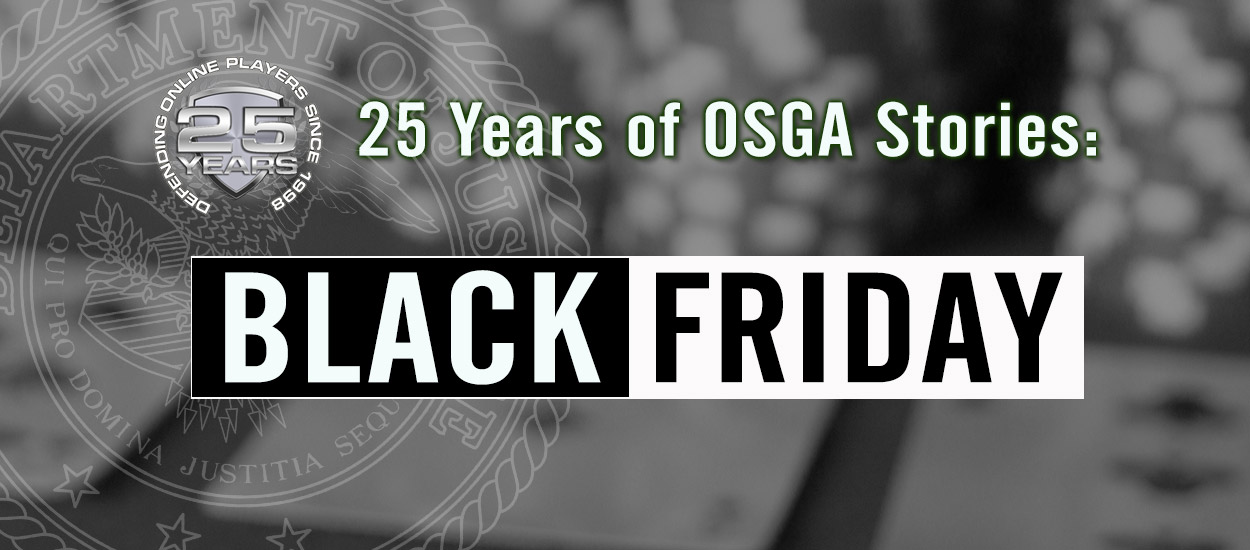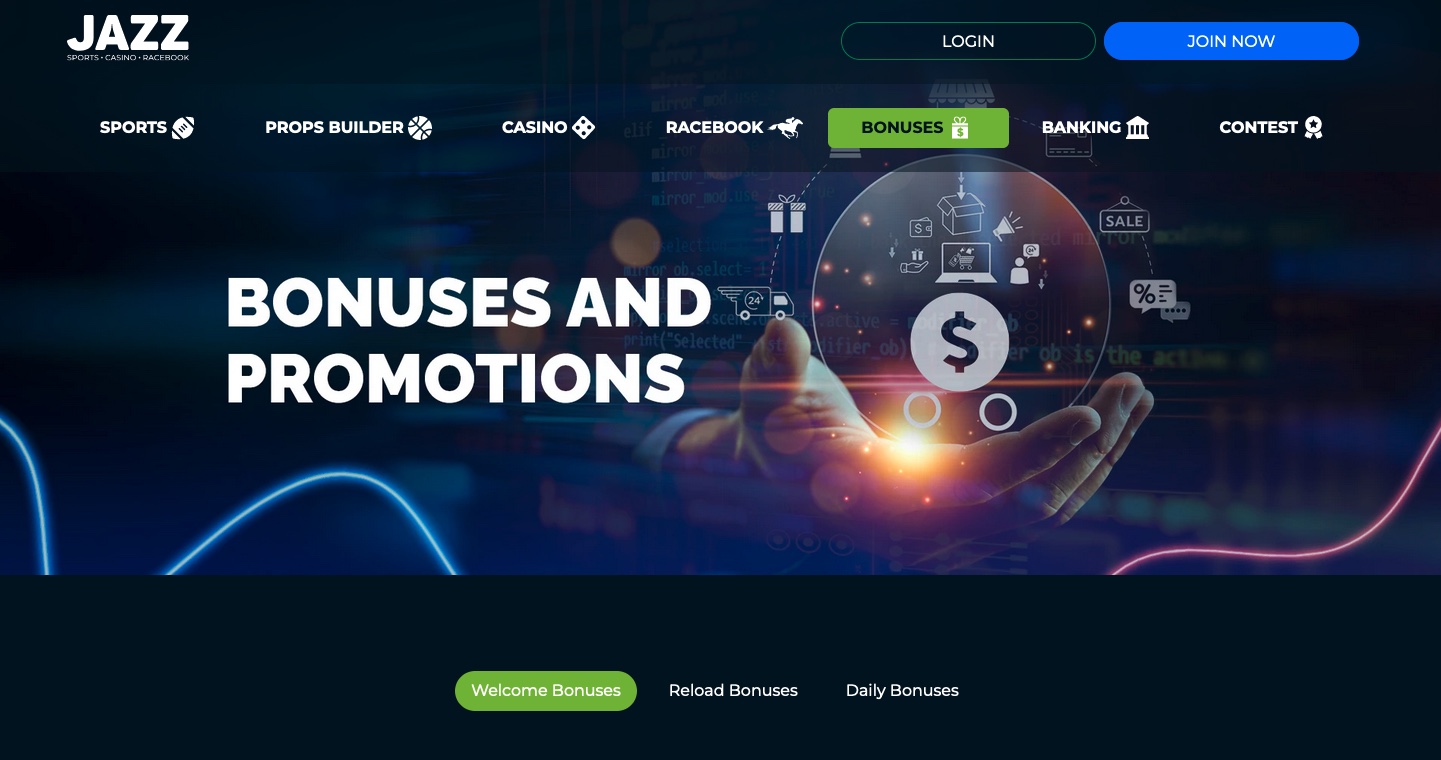Black Friday is one of the biggest, and most far reaching, gambling stories of the last 25 years
If there was one event that completely changed the landscape of online poker in the United States, it was April 15, 2011, also known as Black Friday. On that date the FBI took it upon themselves to seize the .com domain names of the largest online poker sites catering to the U.S. market including PokerStars, FullTilt and Cereus (which operated both Absolute Poker and Ultimate Bet). These companies made up over 95% of the U.S. online poker market in 2011 and the seizures effectively made online poker obsolete in the United States.
The FBI realized that all .com, .org and .net extensions were controlled by ICANN and hence could be seized by authorities if the federal authorities determined the site was conducting illegal activities. 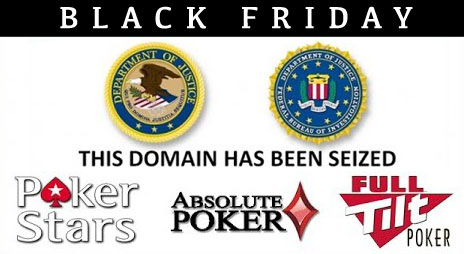 Until 2011 it was rarely used, although the FBI did seize sites like Silk Road and other contraband sites that were clearly violating the law by selling products like heroin, cocaine and guns and some even offered hit men for a price. And the FBI seized sites that were gang or crime related. Most recently, the FBI seized 48 websites that were found to be using ransomware and performing disruption of service attacks on innocent businesses and made the sites inaccessible until a company paid the ransom. But this was the first time the FBI seized sites that were legally operating and regulated in a different jurisdiction.
Until 2011 it was rarely used, although the FBI did seize sites like Silk Road and other contraband sites that were clearly violating the law by selling products like heroin, cocaine and guns and some even offered hit men for a price. And the FBI seized sites that were gang or crime related. Most recently, the FBI seized 48 websites that were found to be using ransomware and performing disruption of service attacks on innocent businesses and made the sites inaccessible until a company paid the ransom. But this was the first time the FBI seized sites that were legally operating and regulated in a different jurisdiction.
A little history
To understand the whole reasoning for the seizures and the interest in shutting down poker sites, one has to go back to 2003.
Until the early 2000s poker was mostly a recreational game played among friends in people's houses as well as in some casinos and poker rooms across the country. But for the most part, poker was really not that popular. And the World Series of Poker (WSOP), was a poker tournament limited to some very rich poker professionals like Doyle Brunson, Johnny Chan and Stu Ungar who could afford to risk the $10,000 entry fee to win a few hundred thousand dollars in a field of around 200-300 players. 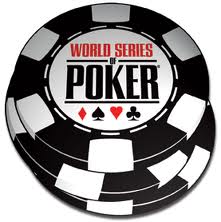 When online poker started operating, poker sites like PokerStars, Party Poker and Full Tilt, along with some land-based casinos started offering satellite tournaments, where for a small fee a player could win a ticket to the main event. This led to WSOP fields doubling to somewhere in the 500 and 600s and the first-place prize crept up as well, exceeding $1 million. Despite the increased field size, the main event was still won by professionals, including Chris Ferguson in 2000 who ponied up the $10,000 fee to win the $1.5 million first prize. But that changed in 2003 when Chris Moneymaker won a spot in the WSOP after winning an $86 satellite tournament on PokerStars and he outlasted the other 838 players at the WSOP to win a cool $2.5 million. The next year Greg Raymer, a relatively unknown player won the tournament and $5 million defeating over 2,500 players and Australian Joe Hachem won in 2005 defeating 5,600 other players collecting nice $7.5 million first prize. It soon became clear that to win the WSOP you didn’t have to be a professional or really even that good, you just needed a lot of luck. This resulted in the WSOP seeing very high fields as every Tom, Dick and Sally tried to win a spot and it also led to regular first place prizes over $8 million.
When online poker started operating, poker sites like PokerStars, Party Poker and Full Tilt, along with some land-based casinos started offering satellite tournaments, where for a small fee a player could win a ticket to the main event. This led to WSOP fields doubling to somewhere in the 500 and 600s and the first-place prize crept up as well, exceeding $1 million. Despite the increased field size, the main event was still won by professionals, including Chris Ferguson in 2000 who ponied up the $10,000 fee to win the $1.5 million first prize. But that changed in 2003 when Chris Moneymaker won a spot in the WSOP after winning an $86 satellite tournament on PokerStars and he outlasted the other 838 players at the WSOP to win a cool $2.5 million. The next year Greg Raymer, a relatively unknown player won the tournament and $5 million defeating over 2,500 players and Australian Joe Hachem won in 2005 defeating 5,600 other players collecting nice $7.5 million first prize. It soon became clear that to win the WSOP you didn’t have to be a professional or really even that good, you just needed a lot of luck. This resulted in the WSOP seeing very high fields as every Tom, Dick and Sally tried to win a spot and it also led to regular first place prizes over $8 million.
The success of the WSOP convinced PokerStars and Full Tilt along with a couple of independent companies to create poker shows on ESPN featuring professionals sporting brand wear of the companies hiring them to help promote and grow online poker. Major tournaments were shown over several days and daily poker shows such as The Big Game, operated by PokerStars, Poker After Dark, operated by Full Tilt Poker and High Stakes Poker, aired on FOX, became popular and standard fare watched by millions daily. To make the game more appealing, the poker industry invented the hole cam which allowed viewers to see the two hole cards each player had in the Texas Hold ‘em game. This not only made it more fun to watch but it also helped in teaching amateurs some strategies. Suddenly, what was a very niche, cyclical game became mainstream.
Not surprisingly, this led to various anti-gambling politicians like Senators John Kyl and Bill Frist to try and stop poker along with other forms of gambling by attempting to pass laws banning it. The attempts to pass a law to ban gambling outright failed, but in 2006 the Unlawful Internet Gaming Enforcement Act (UIGEA), which penalized banks and other companies handling money for processing transactions for illegal gambling, was passed after being attached to another can’t miss unrelated spending bill. It was uncertain what entailed "illegal online gambling", since the Wire Act only included sports betting and sports contests. The U.S. District Attorney refused to provide a list of illegal activities or websites when it drafted the regulations for the UIGEA, so most banks simply blocked transactions for all gambling. Nevertheless, the poker sites found various sources to fund their products and poker interest and play continued to grow.
In 2008 the state of Kentucky attempted, but failed, to seize the .com domains of several poker sites and the calls to stop all online gambling, including poker, ramped up. This effort became most prominent around the same time major cheating scandals were revealed on the Cereus Network. 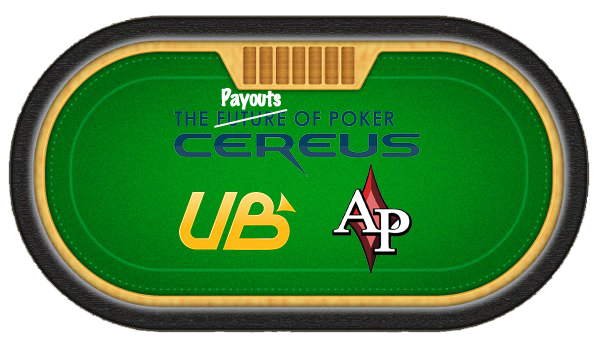 Posters on the 2 plus 2 poker forum posted screenshots of some very unusual play in large poker tournament and after a lot of digging it was determined that the owners of Excapsa Software, which developed the Absolute Poker and Ultimate Bet products in the Caribbean, were cheating. The creator of the sites, including a man name Scott Tom, created superuser accounts that let them see the hole cards of all players in games. The superuser account was used strictly for testing and was supposed to be deleted once it was determined the software was good. Shortly thereafter, Excapsa sold the products to a Canadian based company operating on the Mohawk reserve in Kahnawake and licensed under the Kahnawake Gaming Commission (KGC), but the superuser accounts were never deleted. Scott Tom and another executive at Excapsa realized this and decided to use the superuser account to cheat. Since they could see all the hole cards in cash games and large tournaments they couldn’t lose. The cheaters won several million before disappearing when an investigation was launched. To date they were never charged and remain free with the money they illegally obtained. Absolute Poker and Ultimate Bet paid back those who were cheated and the company paid a large fine to the Kahnawake Gaming Commission, but the damage was done. Soon there were other claims launched against different poker sites and the fairness of the games was challenged leading the government to increase interest in stopping the offering.
Posters on the 2 plus 2 poker forum posted screenshots of some very unusual play in large poker tournament and after a lot of digging it was determined that the owners of Excapsa Software, which developed the Absolute Poker and Ultimate Bet products in the Caribbean, were cheating. The creator of the sites, including a man name Scott Tom, created superuser accounts that let them see the hole cards of all players in games. The superuser account was used strictly for testing and was supposed to be deleted once it was determined the software was good. Shortly thereafter, Excapsa sold the products to a Canadian based company operating on the Mohawk reserve in Kahnawake and licensed under the Kahnawake Gaming Commission (KGC), but the superuser accounts were never deleted. Scott Tom and another executive at Excapsa realized this and decided to use the superuser account to cheat. Since they could see all the hole cards in cash games and large tournaments they couldn’t lose. The cheaters won several million before disappearing when an investigation was launched. To date they were never charged and remain free with the money they illegally obtained. Absolute Poker and Ultimate Bet paid back those who were cheated and the company paid a large fine to the Kahnawake Gaming Commission, but the damage was done. Soon there were other claims launched against different poker sites and the fairness of the games was challenged leading the government to increase interest in stopping the offering.
Black Friday
So, on Black Friday, the FBI seized all the .com websites of PokerStars, Full Tilt, Absolute Poker and Ultimate Bet putting up a notice that the domain names had been seized pursuant to an Arrest Warrant. The notice posted on the websites also said that conducting, managing, supervising, directing or owning all or part of an illegal gambling business is a federal crime. The FBI couldn’t charge the sites under the Wire Act or the UIGEA since the sites were not involved in sports betting and were not processing payments for gambling, so the DOJ charged the owners with fraud.
Eventually the sites were reopened by the FBI to allow them to process payouts for players, but the response from the three companies was quite different. Absolute Poker and Ultimate Bet didn't have the money to pay players who requested payouts in droves and the company tried to relaunch with a non .com name to try and generate money to keep going. It ultimately failed and very few players on the Cereus sites got payouts. There was some compensation worked out in 2017, but nothing close to what was owed. The KGC also said that this was not their issue since the FBI seized the sites, not them.
PokerStars segregated all post up funds from operating funds, so they paid back all U.S. players and continued the .com site without U.S. residents. They remained very profitable and remain the largest worldwide poker site to date.
Full Tilt Poker, on the other hand, did not pay players back because they did not segregate post up and operating funds and the DOJ deemed them a Ponzi scheme. In September of 2021, the DOJ determined that executives of the company such as Howard Lederer and Chris Ferguson took crazy salaries, and professionals that appeared on their TV shows such as Tom Dwan and Phil Ivey were being paid outlandish sums for their agreement to wear brand gear on TV. But because Full Tilt, unlike PokerStars, didn’t segregate post up funds, they didn’t have the money to pay any players back. Consequently, the FBI said it was a scheme to use player funds to pay those at the top of the food chain. Executives at Full Tilt I spoke to denied this, saying it was simply a matter of cash flow and the company always had the funds to pay players prior to the site being shut down and would have always been able to pay players if they were left alone.
Full Tilt, like PokerStars, wanted to continue outside the U.S. to help generate enough revenue to pay the players but Alderney cut off Full Tilt’s license. So, the company simply folded.
Backfire for the FBI, DOJ
It appears that the FBI believed they would be congratulated by U.S. poker players for exposing the so-called pyramid scheme, but instead they were chastised by poker players who blamed them for losing their accounts and money. 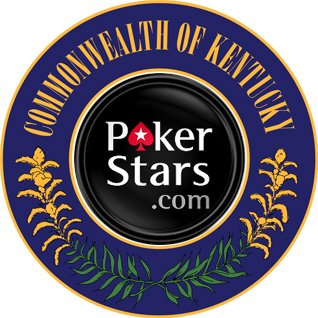 This clearly scared many of the Senators and Congressman who didn’t want to suffer the same fate at the ballot boxes that Jim Leach did in 2006 when gambling proponents generated enough votes in a lobby effort to defeat him in the election. Leach introduced the UIGEA in the House in 2015 and acknowledged that he lost the election because of the gambling lobby and particularly online poker players. Consequently, the DOJ worked out a deal with PokerStars that would give the company a clean bill of health without admitting wrongdoing, so that PokerStars would have no problems going forward if online poker was ever legalized in the U.S. PokerStars agreed to pay $731 million to the U.S. government, which including a $547 million fine, as well as agreeing to purchase the assets of Full Tilt for $184 million, which was the amount owed to Full Tilt players. Despite the clean bill of health from the DOJ, Flutter, which purchased Full Tilt recently, paid the state of Kentucky $300 million to settle their 2008 lawsuit against them and PokerStars are still being ostracized by many tribes in California who will not agree to allow poker sites to operate unless PokerStars is deemed a bad actor and excluded from ever operating in that state. So, while they are exonerated federally, they still have issues at the state level.
This clearly scared many of the Senators and Congressman who didn’t want to suffer the same fate at the ballot boxes that Jim Leach did in 2006 when gambling proponents generated enough votes in a lobby effort to defeat him in the election. Leach introduced the UIGEA in the House in 2015 and acknowledged that he lost the election because of the gambling lobby and particularly online poker players. Consequently, the DOJ worked out a deal with PokerStars that would give the company a clean bill of health without admitting wrongdoing, so that PokerStars would have no problems going forward if online poker was ever legalized in the U.S. PokerStars agreed to pay $731 million to the U.S. government, which including a $547 million fine, as well as agreeing to purchase the assets of Full Tilt for $184 million, which was the amount owed to Full Tilt players. Despite the clean bill of health from the DOJ, Flutter, which purchased Full Tilt recently, paid the state of Kentucky $300 million to settle their 2008 lawsuit against them and PokerStars are still being ostracized by many tribes in California who will not agree to allow poker sites to operate unless PokerStars is deemed a bad actor and excluded from ever operating in that state. So, while they are exonerated federally, they still have issues at the state level.
Effect on all poker play
But what Black Friday did, and to a smaller part Blue Monday (where the FBI seized several .com non-poker sites), was that it took a thriving industry and killed it in one fell swoop. Interest in poker throughout the United States declined rapidly and many casinos which took a fair portion of their facilities to include poker rooms due to its popularity, shuttered them because there was just no interest. The inability to play poker online resulted in far fewer players looking for a land-based poker room and all the TV poker shows like Poker After Dark and the Big Game stopped airing because PokerStars said there was no purpose in trying to advertise to U.S. poker players who could not play poker online anymore. And the few online poker sites that did continue, like Merge, had very little interest and mostly empty rooms.
The WSOP was also affected, but not as much. The number of entrants consistently stayed at around 6,000 to 7,000 players, but interest for the event dissipated. The final table at the WSOP which was a major TV offering on ESPN soon was only shown on paid, no-name Internet sites because viewership on ESPN declined to virtually nothing. Gambling websites also stopped offering odds for the WSOP for the same reason.
It is important to note that in September 2011, the DOJ issued an opinion stating that the Wire Act only applied to sports betting, which should have resulted in a barrage of online casino and poker sites, but only New Jersey, Delaware, Pennsylvania and Nevada bothered legalizing online poker. The lack of volume has kept online poker still mostly on the sideline. It appears many states want a ruling like what happened with the repeal of PASPA, which made it clear that online casino and sports betting in the U.S. is completely legal, since an opinion can be changed. That was tried in 2015 when the DOJ under Donald Trump attempted, but failed to reverse the 2011 opinion and states don’t want to enact any laws that can be overruled federally. If SCOTUS repeals the Wire Act there is no doubt online poker will again flourish.
The seizures of poker websites and the charges against owners effectively destroyed a thriving poker industry in the United States and that makes Black Friday one of the biggest stories of the last 25 years that has helped shape the industry today.
Read insights from Hartley Henderson every week here at OSGA and check out Hartley's RUMOR MILL!










